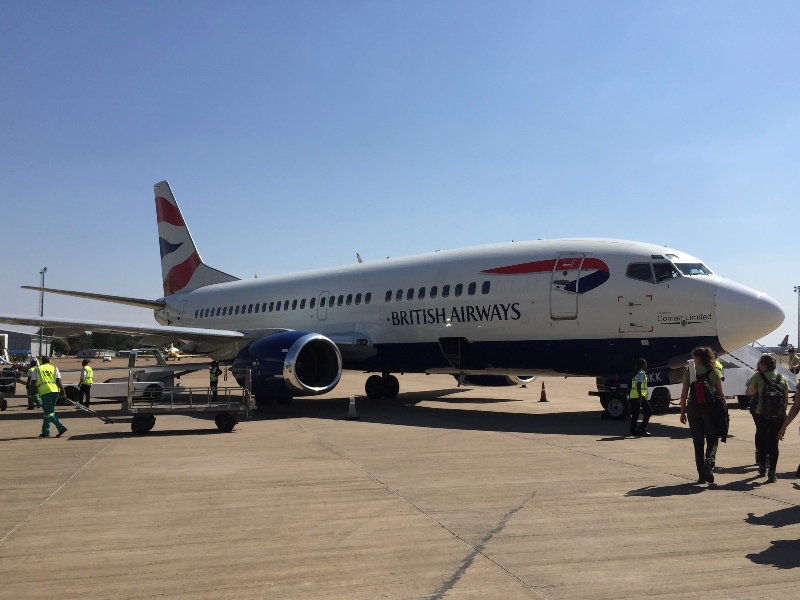
Comair, a private South African airline which operated flights under the British Airways and Kulula brands, has gone into liquidation.
All flights have been cancelled and the airline, which was a Qantas Frequent Flyer partner, will sadly now cease to exist. It marks the end of an airline which had been around since 1946.
How Comair got to this point
Before the pandemic, South Africa’s Comair had been one of the most consistently profitable airlines in the world. In fact, until 2019, the airline had made a profit every year for over seven decades – something that is virtually unheard of in the volatile airline industry.
Sadly, in May 2020, Comair was forced to enter “business rescue” (a process in South Africa similar to voluntary administration) due to the effects of the COVID-19 pandemic and lockdowns in South Africa.
The airline’s British Airways and Kulula brands were able to resume flying when the Comair Rescue Consortium (CRC) invested into the company at the time, but this was insufficient to save the company in the long term.
There were further warning signs that things weren’t going well three months ago, when the airline was temporarily grounded by South African’s Civil Aviation Authority over apparent safety issues. This grounding was initially for a period of 24 hours, but was extended to five days after the airline failed to address alleged safety concerns within the required timeline.
Following this initial grounding in March 2022, British Airways and Kulula flights within South Africa were then back in the air until 31 May when the airline voluntarily grounded flights “pending successfully securing additional funding”.
“We deeply regret the inconvenience this suspension will cause our customers. We did everything we could to avoid it. Comair, the [business rescue practitioners] and the lenders are working all out to get the funding in place so that we can resume our normal flight schedule as soon as possible,” Comair CEO Glenn Orsmond said on 31 May 2022.
At the time, Comair’s business rescue practitioners advised that the airline was an inherently viable business and there was reason to believe additional funding may be secured. But this did not eventuate, and the airline lodged a court application yesterday to convert the business rescue proceedings into liquidation proceedings.
No Comair flights have operated since 31 May, when new ticket sales were also suspended.
“We did our utmost to secure the funding, but when we were unable to do so had no option to lodge the application. It is an extremely sad day for the company, its employees, its customers and South African aviation,” Comair business rescue practitioner Richard Ferguson said.
The airline cited numerous reasons for the business’s failure including the impact of multiple COVID-19 lockdowns in South Africa, high fuel prices, the airline’s grounding by the South African aviation safety regulator in March and South Africa’s “red listing” by various other countries including the UK in late 2021, when Omicron was detected.
Who was Comair?
Based in Johannesburg, Comair operated a fleet of Boeing 737s which it flew under the British Airways brand via a franchise agreement. It operated domestic routes within South Africa as well as short-haul international flights from Johannesburg to destinations such as Harare, Victoria Falls, Windhoek and Mauritius. Full service including complimentary meals in Economy was provided on these flights.
Comair’s aircraft were painted in the British Airways livery and flights were sold with a “BA” flight number. As a Oneworld affiliate airline, it was also possible to earn Qantas points and status credits on British Airways flights operated by Comair.
Theoretically you could have also redeemed Qantas points for British Airways flights in South Africa – but these were never available online, most Qantas call centre operators didn’t know how to book them, and the fuel surcharges bordered on extortionate.
Comair also owned a low-cost carrier called Kulula which was known for its cheap fares, quirky livery and fun approach to service. Kulula mainly flew domestic routes within South Africa.
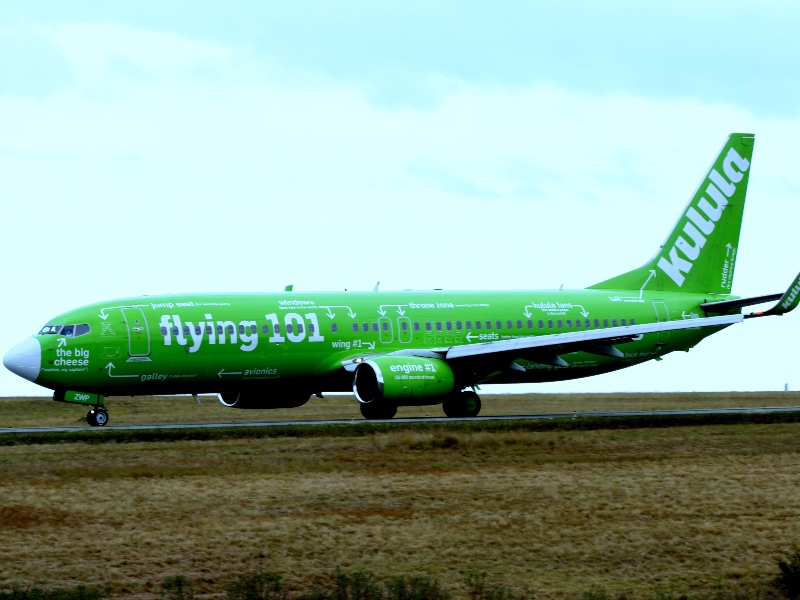
What happens now for Comair customers?
Comair employees, as well as customers who held bookings or were owed refunds, are now considered to be creditors in the liquidation process.
Airlink, another South African airline, has offered to carry some affected Comair customers who were due to travel over the coming days at no cost. British Airways also has a commercial arrangement in place to rebook some affected passengers onto Airlink or South African Airways flights.
Affected customers who paid with a credit card may also be able to request a credit card chargeback.
Join the discussion on the Australian Frequent Flyer forum: Comair flights grounded by South African safety regulator [now liquidated]
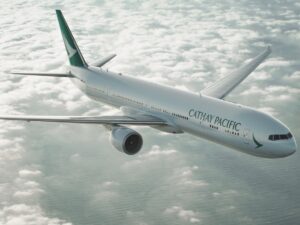

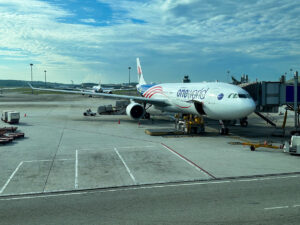
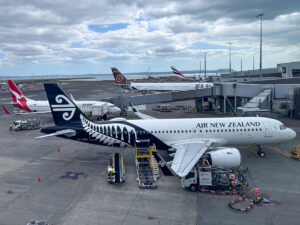


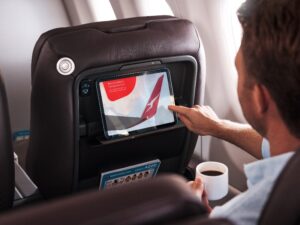
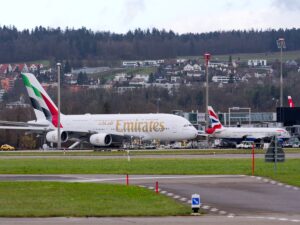
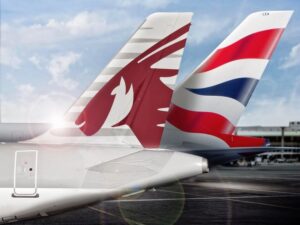
































































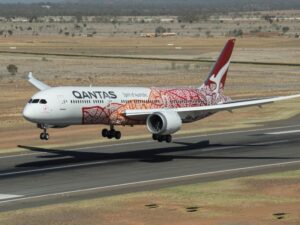
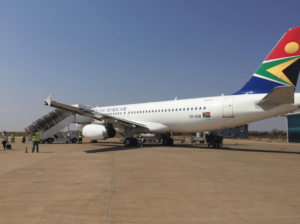





Community Comments
Loading new replies...
Join the full discussion at the Australian Frequent Flyer →